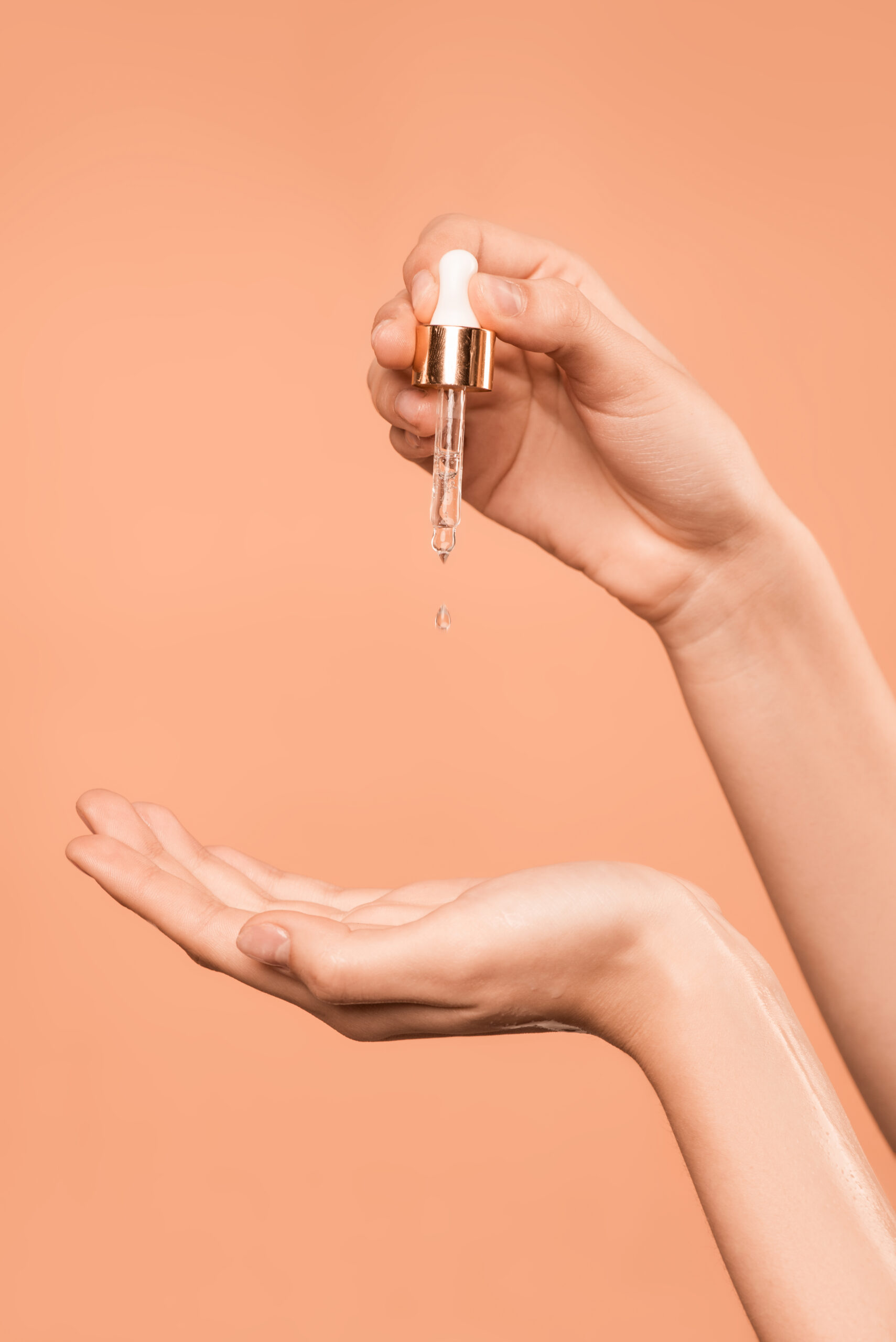Can turmeric be used for skin care?
Title: Embracing the Golden Spice: Turmeric for Skin Care
Introduction:
In recent years, there has been a surge of interest in natural ingredients for skin care. Among the many sought-after remedies, turmeric has emerged as a popular choice. Its vibrant yellow color and powerful health benefits have made it a staple in traditional medicine for centuries. But can turmeric really be used for skin care? Let’s explore the science behind this golden spice and uncover its potential benefits for your skin.
Understanding Turmeric:
Turmeric, scientifically known as Curcuma longa, is a flowering plant native to Southeast Asia. It is primarily valued for its bioactive compound called curcumin, which is responsible for the spice’s distinctive color and numerous health properties. Curcumin is known to have antioxidant, anti-inflammatory, and antimicrobial properties, making turmeric an intriguing ingredient for skincare enthusiasts.
Benefits of Turmeric for Skin:
1. Anti-inflammatory Properties:Inflammation is a common underlying factor in various skin conditions, including acne, eczema, and psoriasis. Turmeric’s potent anti-inflammatory effects may help soothe irritated skin, reduce redness, and promote overall skin health. Applying turmeric-based masks or creams topically may provide relief for inflammatory skin conditions.
2. Antioxidant Powerhouse:Exposure to environmental pollutants and UV radiation leads to the production of free radicals, which can damage the skin. Turmeric’s strong antioxidant properties can neutralize these harmful free radicals, thus protecting the skin from premature aging, wrinkles, and pigmentation issues.
3. Natural Skin Brightener:Turmeric has traditionally been used as a natural skin brightener. The spice’s active compound curcumin inhibits the production of melanin, the pigment responsible for dark spots and uneven skin tone. By regular application, turmeric may help fade dark spots, acne scars, and hyperpigmentation, resulting in a more radiant complexion.
4. Acne-Fighting Abilities:Turmeric possesses mild antibacterial and antimicrobial properties, making it potentially effective in combating acne. Its anti-inflammatory effects can help calm acne-related inflammation, while its antioxidant properties may aid in reducing acne scarring. However, individual results may vary, and it’s recommended to consult a dermatologist for severe acne concerns.
How to Incorporate Turmeric into Your Skincare Routine:When it comes to incorporating turmeric into your skincare routine, there are several options:
1. DIY Turmeric Face Masks:Mixing turmeric powder with ingredients like honey, yogurt, or aloe vera gel can create a nourishing face mask. Apply the mixture to clean skin, leave it on for 10-15 minutes, and rinse thoroughly. However, be cautious as turmeric can temporarily stain the skin. Perform a patch test and avoid using it if you have any known allergies to the spice.
2. Turmeric-Infused Skincare Products:Many skincare brands have recognized the potential benefits of turmeric and have created products that incorporate this golden spice. Look for serums, moisturizers, or facial cleansers containing turmeric or curcumin as active ingredients for a hassle-free way to reap its benefits.
Conclusion:
Turmeric, with its multitude of beneficial properties, has gained popularity as a natural skincare ingredient. While further scientific research is needed to establish its full potential, many anecdotal accounts and traditional remedies suggest promising results. Incorporating turmeric into your skincare routine through homemade masks or curated products may help you achieve healthier, glowing skin. Remember, consistency and patience are key, and if you have any concerns, it’s essential to consult a dermatologist or skincare professional. Embrace the golden spice and unlock its potential for radiant skin!



